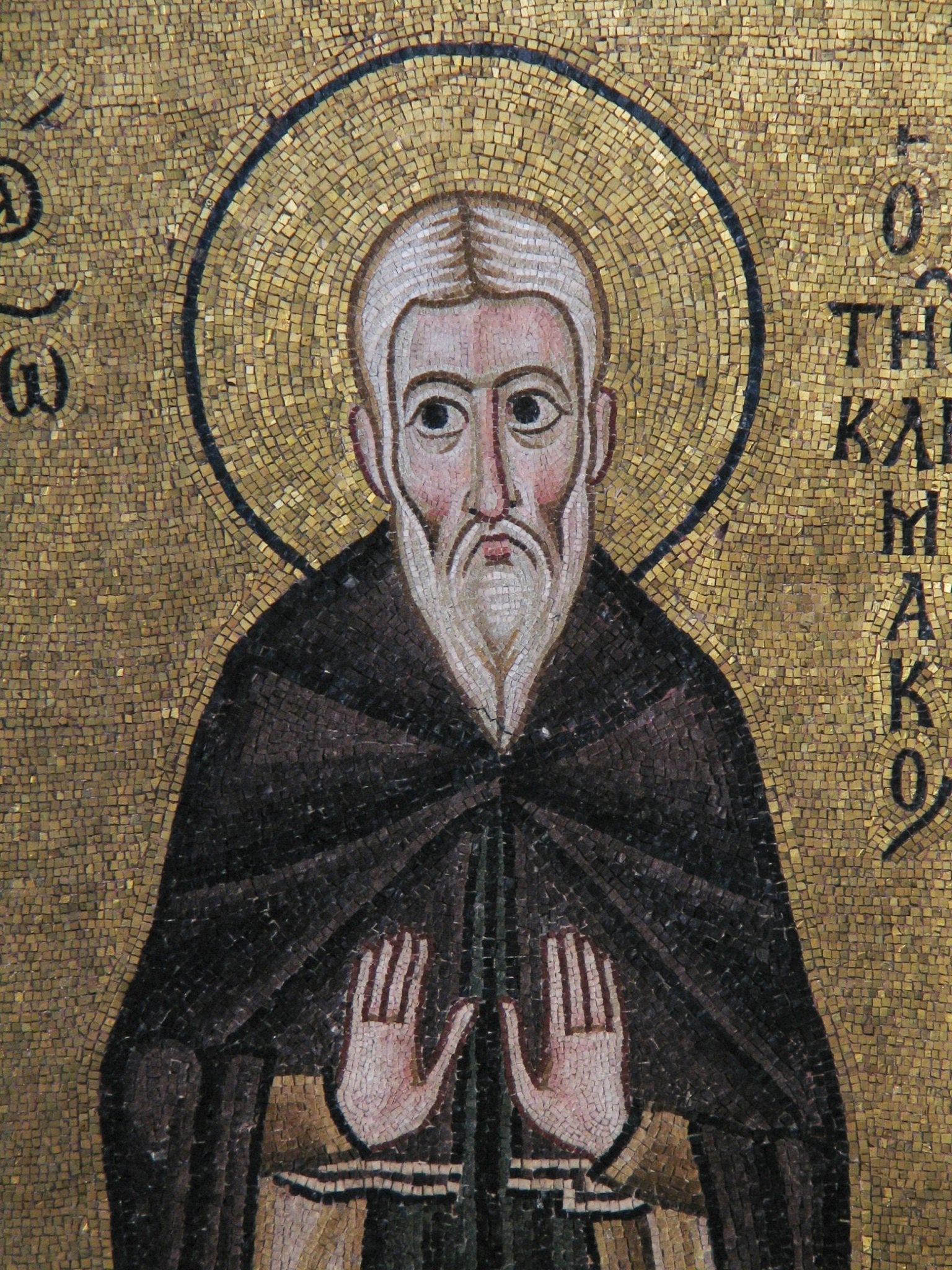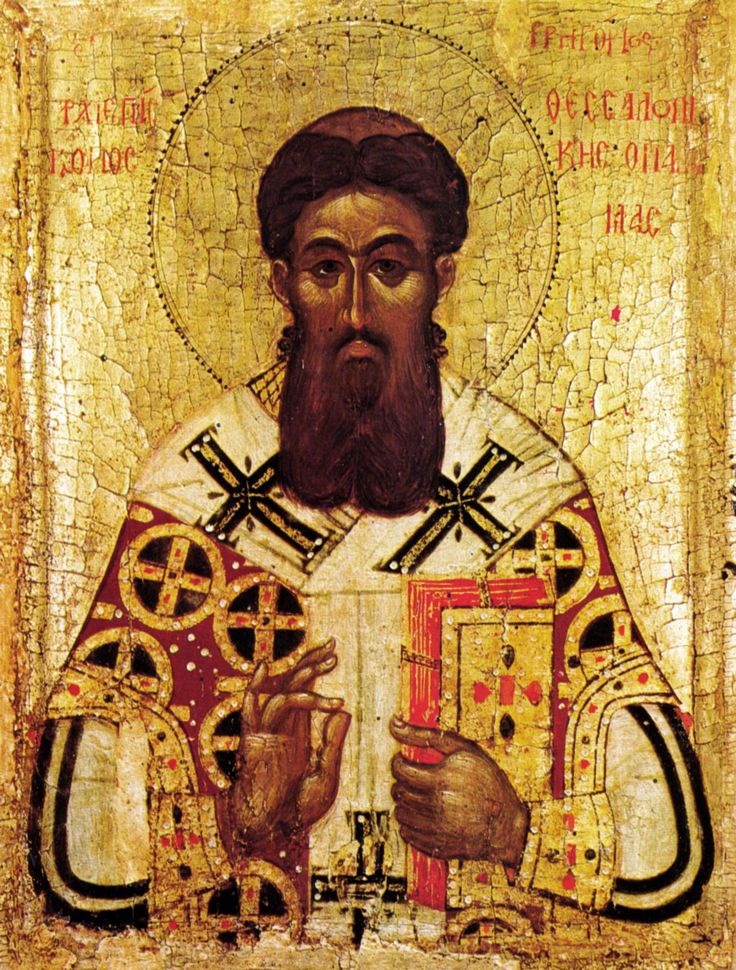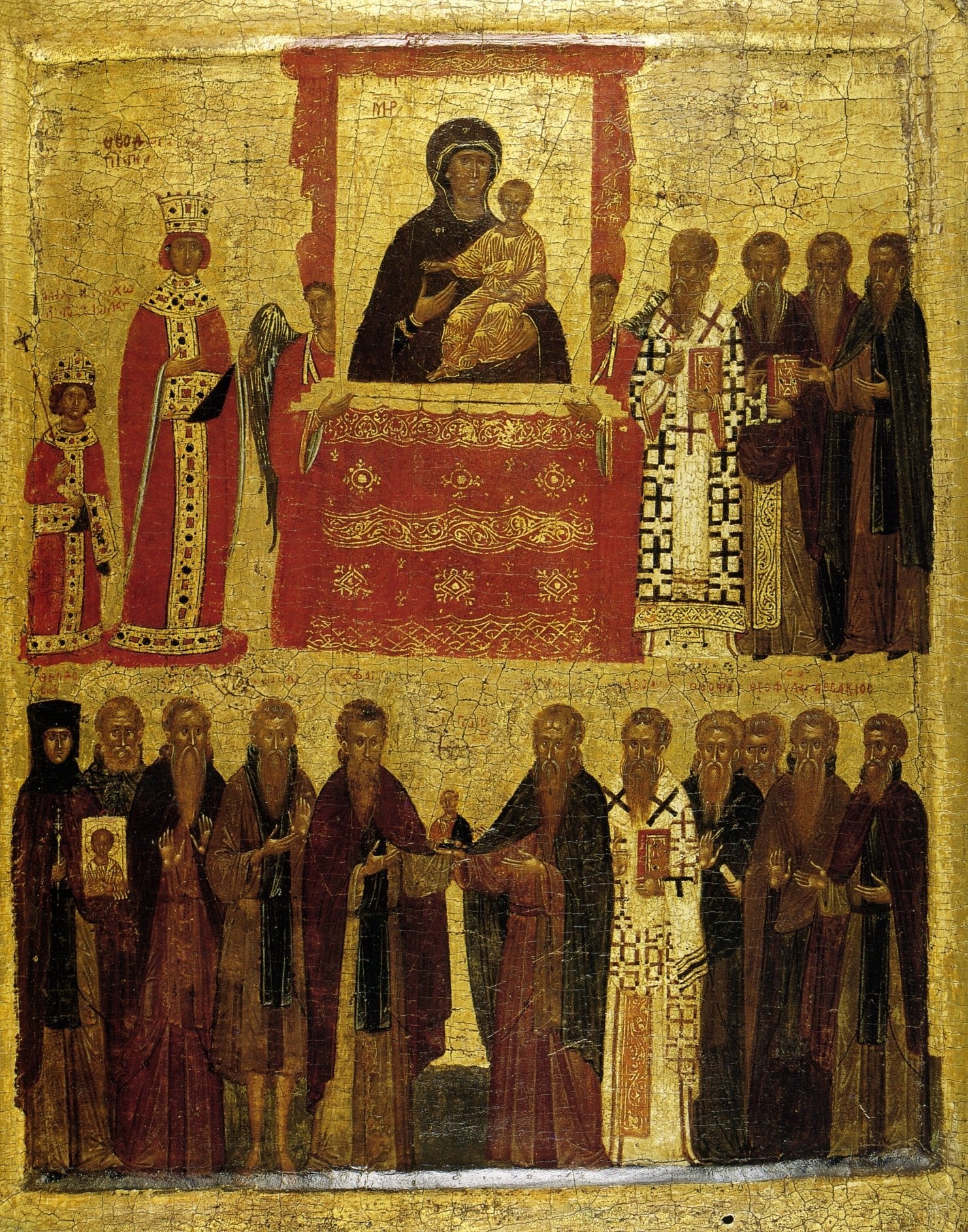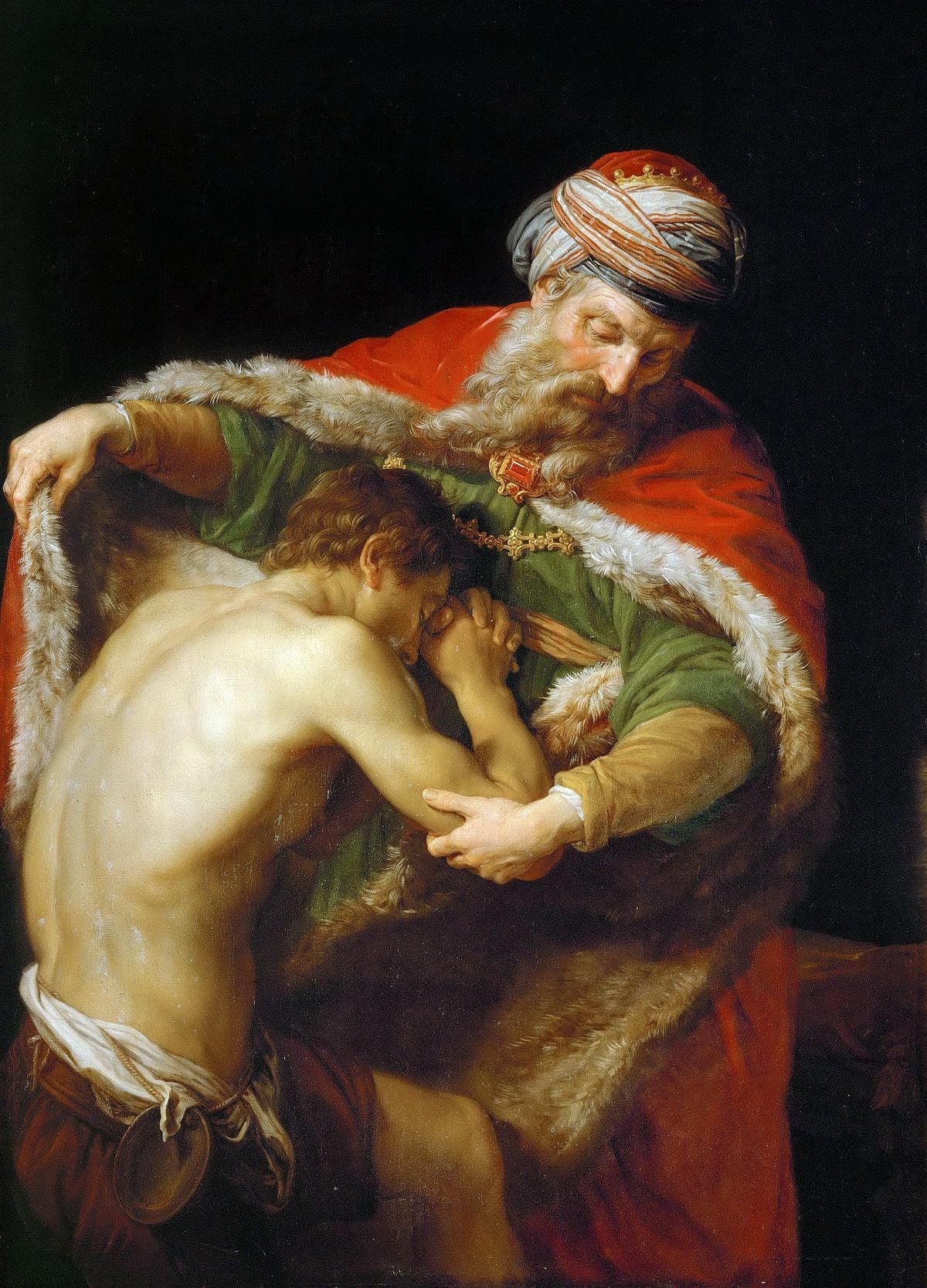Sermons & Homilies

I think most, if not all of us, are familiar with St. John Climacus, and his eloquent, witty, and above all soul-saving teaching found in the Ladder, moderately balanced between stern spiritual sobriety and loving fatherly humor. This is the reason for his significance in the Church for both monks and laity, revealed by a whole Sunday during Great Lent being dedicated to him. Because of the shortness of time allotted to a Sunday sermon, I want to focus on just one aspect of his teaching.
Continue reading

The feast of St. Gregory Palamas this Sunday is a second Triumph of Orthodoxy. It was first instituted less than 10 years after St. Gregory reposed in the Lord. This is a remarkable fact. This ought to tell us something. It says, our Fathers recognized something so important and essential in the life and teaching of St. Gregory that they did not hesitate to accord it public veneration and to praise it with sacred hymns, even while he was within living memory.
Continue reading

Lent is the recalling to Paradise of those who have been cast out; it proclaims the truth to those deceived by the devil; and it announces sight to the blind, guidance to the lost, a haven for the storm-tossed; it is the announcement of life in Christ to those dead in sin, a life in a world that kills the soul.
Continue reading

Thankfulness lies at the heart of the Church’s life and worship. Eucharist, as is well known, means thanksgiving. Thankfulness is a confession of God’s greatness and goodness born from experience of his love. The importance of thankfulness surrounds us in our ascetical and liturgical spiritual lives. It shows up in the very first page of the Philokalia in St. Anthony the Great, who explains that it is absurd that we often thank physicians who prescribe bitter medicines and perform painful surgeries for our health’s sake, but do not thank God for those things which seem harsh to us but are soul-saving.
Continue reading

Throughout this work, particular themes are woven, such as the role of the spiritual father, the memory of death, or how experience corresponds to knowledge, but the theme we will focus on today is the role of love for God, because it is present on the first rung and on the last and contributes in various ways to many of the steps along the way. Love for God is the motivating force of the Christian life, the ascetic life, the monastic life (and these are not exclusive).
Continue reading

